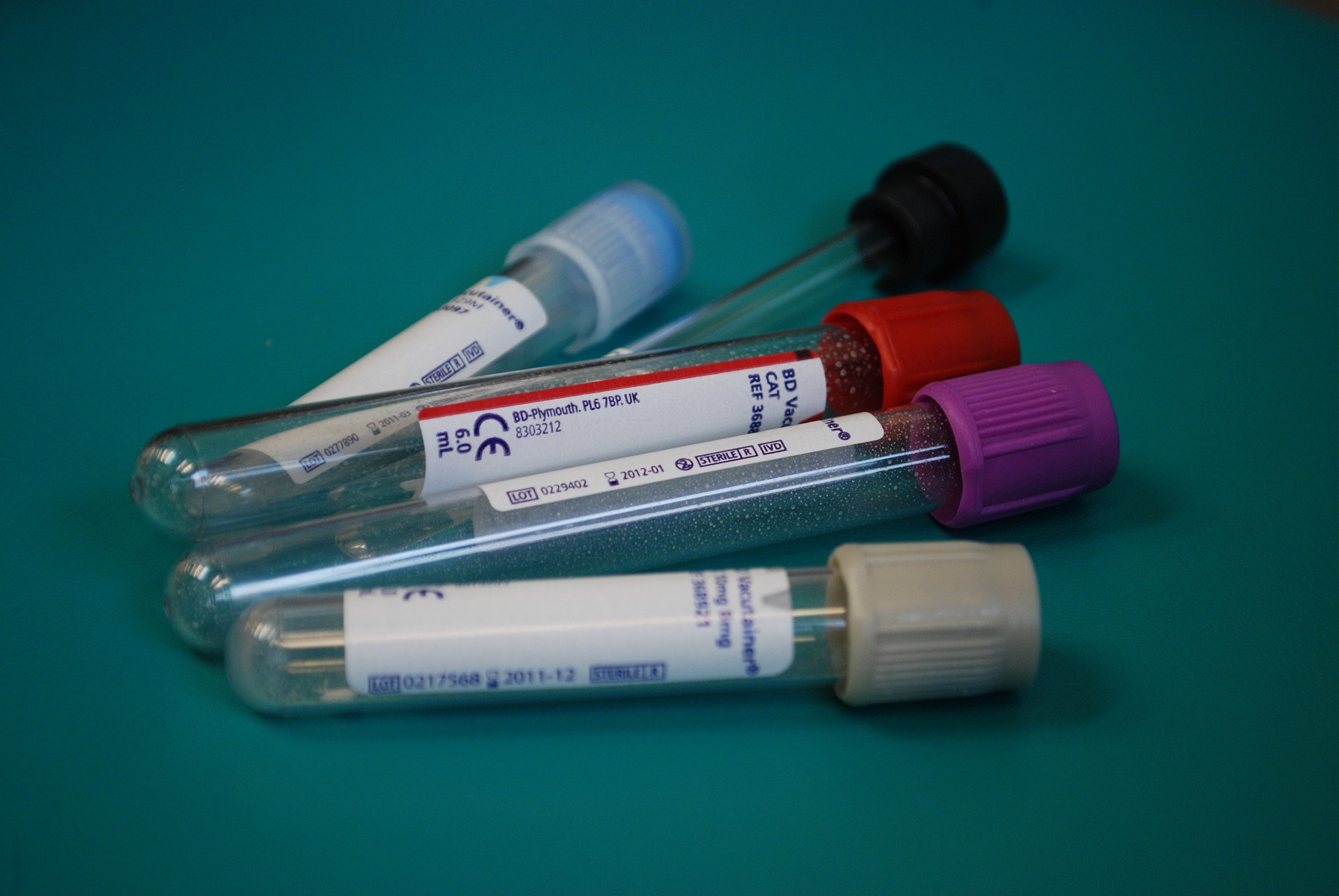Herpes is a common sexually transmitted infection that affects millions of people worldwide. While it can be treated with antiviral medication, many people are hesitant to visit a doctor or clinic for testing due to the stigma associated with the virus. This has led to the rise of DIY herpes testing kits, which allow individuals to test for the virus in the privacy of their own homes. However, before you decide to use one of these kits, there are a few things you should know.
Most DIY herpes testing kits work by detecting antibodies in your blood or saliva. You will need to provide a sample of either blood or saliva, which is then sent to a lab for analysis. The results are typically available within a few days.
It is important to note that these tests are not as accurate as laboratory-based tests performed by healthcare professionals.
False negatives can occur if you test too soon after exposure to the virus, while false positives can occur if you have been vaccinated against herpes or have a different type of herpes virus.





